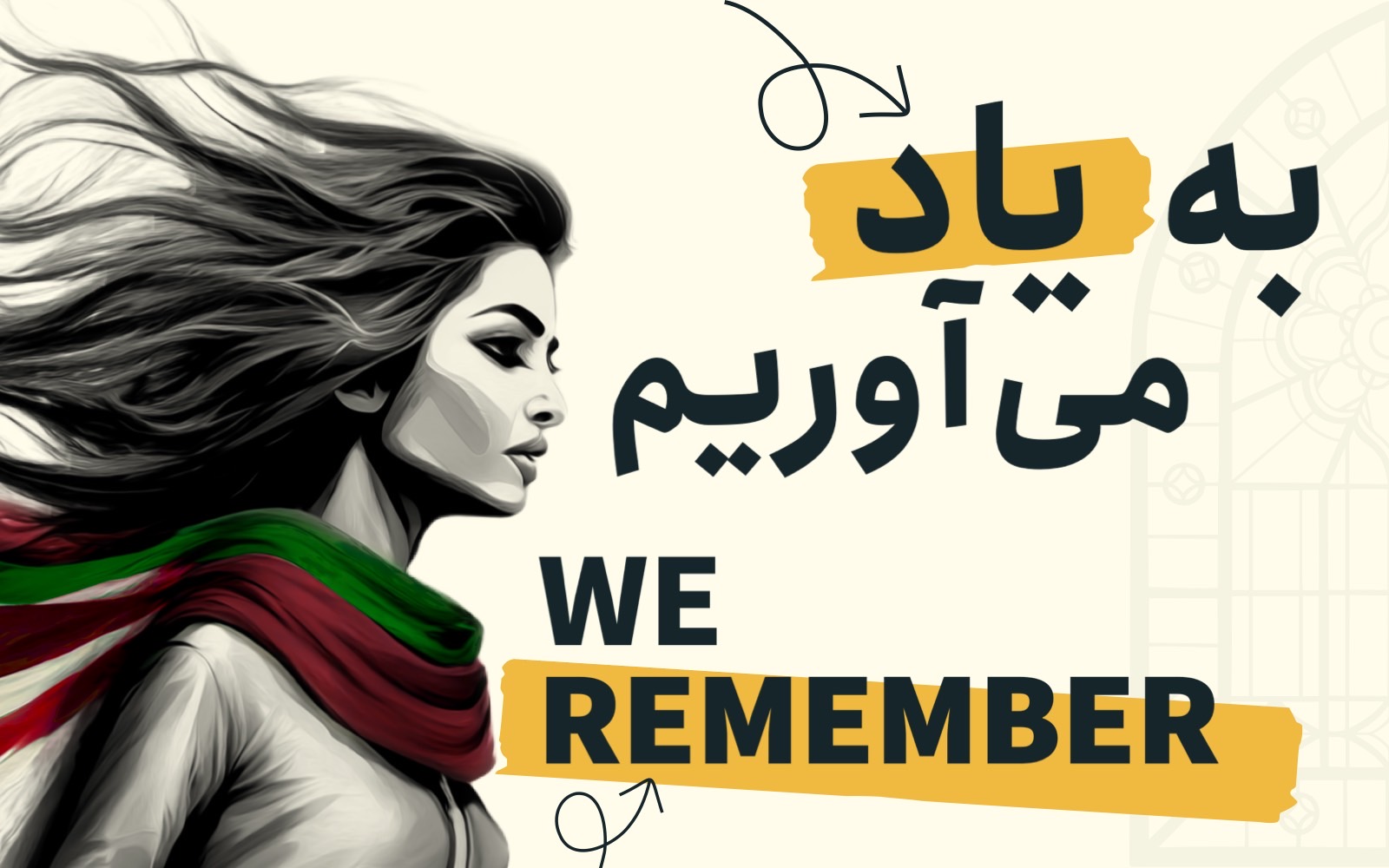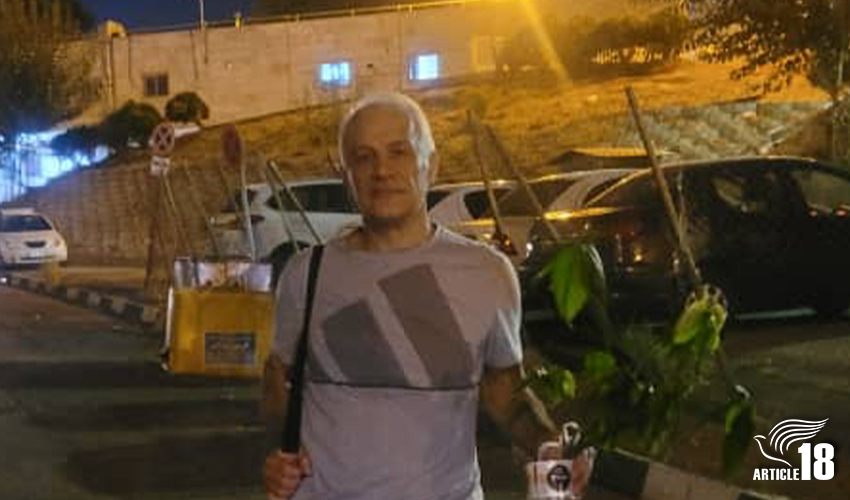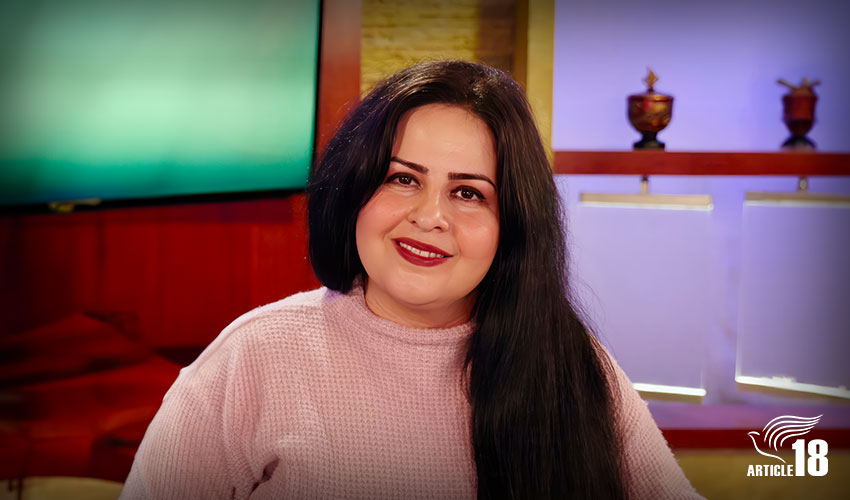
by Steve Dew-Jones | 16 Sep 2023 | News
Article18 has joined over 125 other Iranian Christian organisations and churches from 16 different countries in signing a joint statement on the occasion of the anniversary of the death in custody of Mahsa Amini. In the statement, the full text of which can be read...

by Steve Dew-Jones | 14 Sep 2023 | News
Iranian-Armenian pastor Joseph Shahbazian has been “pardoned” and released after just over a year in Tehran’s Evin Prison. The 59-year-old was last year given a 10-year sentence for holding church services in his home, though this sentence was reduced to two years in...

by Steve Dew-Jones | 8 Sep 2023 | Features
It’s 10 years since Nasrin was arrested, but it has taken nearly all that time for her to recover and reach the point where she now feels able even to forgive those who mistreated her. Nasrin was one of six women converts to Christianity arrested in February 2013 and...

by Steve Dew-Jones | 8 Sep 2023 | Witness Statements
For a summary of Nasrin’s story, you can read our feature article here. Background 1. My name is Nasrin Kiamarzi and I was born in 1981 in Isfahan. I lived in a relatively well-off family, and grew up without any serious family issues. At that time, when most people...

by Steve Dew-Jones | 23 Aug 2023 | Analysis
The director of an organisation that supports refugees in the UK, including Iranian Christians, has spoken to Article18 about the challenges they continue to face, despite Iran recently being added to the list of countries of origin whose asylum claims are...






